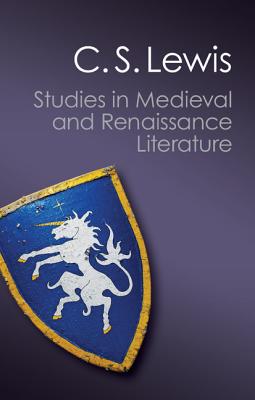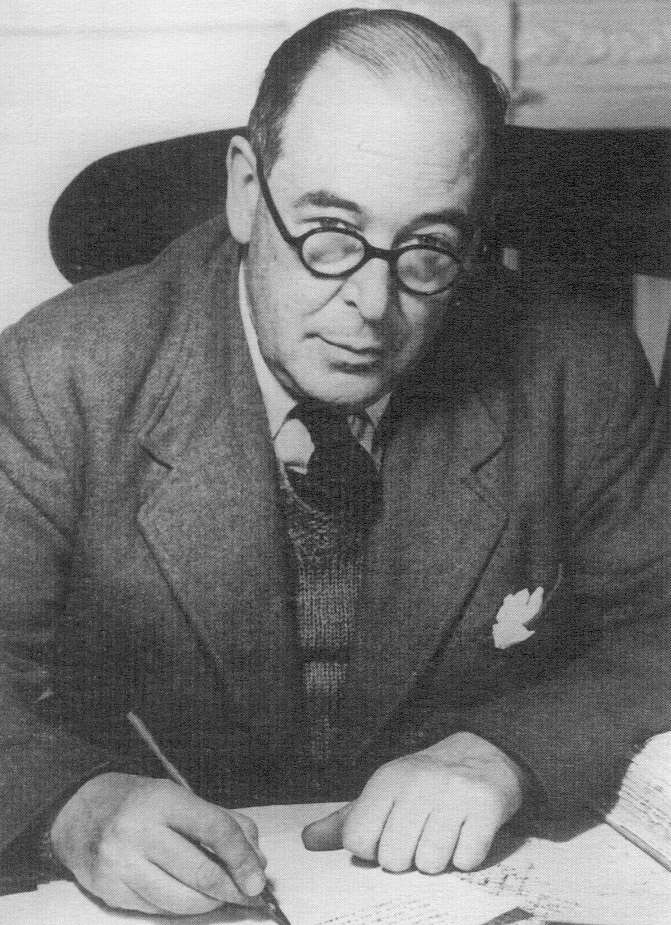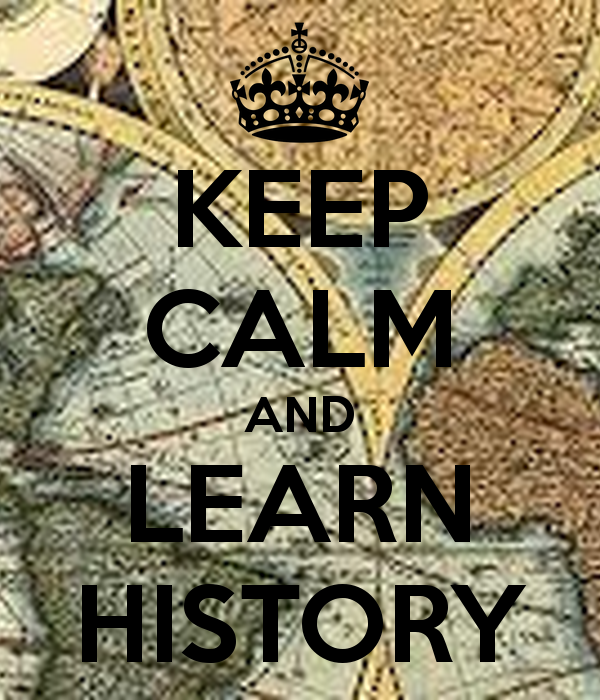Study C. S. Lewis long enough and you will come to the realization that there are gems to be found in some of his works that most have overlooked. We tend to concentrate on the well-known writings, which is understandable, but we also need to look deeper into the lesser-known pieces.
One such gem can be found in a collection of Lewis’s essays in Studies in Medieval and Renaissance Literature. Originally written as an introduction to a proposed book, “De Audiendis Poetis” includes some key thoughts about how one should perceive history.
This is a particular interest for me as a historian, of course, but additionally, since I have begun a more in-depth study of Lewis’s concepts of history and how Christians should view the discipline, it provides some excellent insights as I work through his thoughts on the subject. “What we call ‘general education’ includes a quite considerable knowledge of the past and a considerable mental adjustment to it,” Lewis remarks. What kind of adjustment does he mean?
There might be a qualitative difference between what people in their own day may have thought about what occurred in their day—Lewis, naturally, is writing about literature from an era, but the application can apply to anything historical—and what we, in our day, might think it means. And we nearly always approach the past with “modern feelings and ideas.” Lewis notes, correctly I think, that “we are all so used to this substitution that we make it almost unconsciously.” That’s why it’s important to break out of this unconscious behavior and make a concerted effort “to go on and put ourselves back as completely as, with labour and patience, we can”—to try to see through the eyes of those who came before us in the period wherein the piece of literature or historical event took place.
“In so far as we are historians, there is no question,” he opines. “When our aim is knowledge we must go as far as all available means—including the most intense, yet at the same time most sternly disciplined, exercise of our imaginations—can possibly take us.” One must have a curiosity about the past: what were these people like? How did they think? How is that different or the same as we think today?
“We want to know—therefore, as far as may be, we want to live through for ourselves—the experience of men long dead.” Not everyone has that desire to know, but Lewis finds it captivating. As a historian, I understand. “What a poem may ‘mean’ to moderns and to them only, however delightful, is from this point of view merely a stain on the lens. We must clean the lens and remove the stain so that the real past can be seen better.”
Analogies help explain, and Lewis is always adept at offering such analogies. He does so again here:
There are two ways of enjoying the past, as there are two ways of enjoying a foreign country. One man carries his Englishry abroad with him and brings it home unchanged. …
But there is another sort of travelling and another sort of reading. You can eat the local food and drink the local wines, you can share the foreign life, you can begin to see the foreign country as it looks, not to the tourist, but to its inhabitants. You can come home modified, thinking and feeling as you did not think and feel before. So with the old literature. You can go beyond the first impression that a poem makes on your modern sensibility. By study of things outside the poem, by comparing it with other poems, by steeping yourself in the vanished period, you can then re-enter the poem with eyes more like those of the natives.
Lewis then says he is writing this to help those who are open to that second way of seeing the past, and his reason is that he has “a historical motive. … Being human, I am inquisitive, I want to know as well as to enjoy. … I should hope to be led by it to newer and fresher enjoyments, things I could never have met in my own period, modes of feeling, flavours, atmospheres, nowhere accessible but by a mental journey into the real past.” He writes this, he adds, when he is nearly sixty years old and “not so enamoured” either of himself or his own century “as to desire no glimpse of a world beyond them.” Returning to his travel analogy, he concludes,
As the mere tourist’s kind of holiday abroad seems to me rather a waste of Europe—there is more to be got out of it than he gets—so it would seem to me a waste of the past if we were content to see in the literature of every bygone age only the reflection of our own faces.
I have Lewis’s historical motive. I want to be able, as much as possible, to put myself back into the era I am studying. I want to see through the eyes of those who lived at that time. As an American historian, I sometimes fantasize how one of our Founders would react to what he might see in our world today if he were allowed to witness it. Conversely, I wonder how I would react to colonial America, for instance, if I were able to transport back in time. Yes, men throughout the ages are the same in one sense: we all are made in the image of God with similar desires and responses. But our cultural context shapes our perceptions. A good historian recognizes both truths and seeks to explain the past keeping both in mind.



